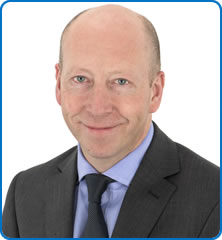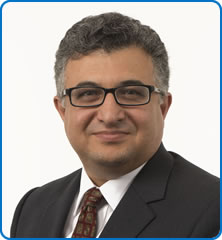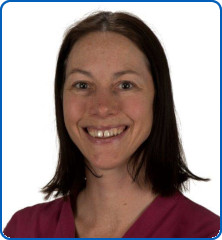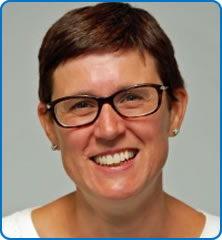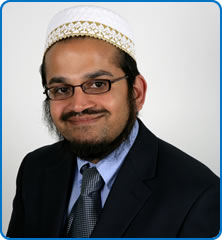Tell us about your experience with the service you have used:
What is the Friends and Family Test?
The NHS Friends and Family Test (FFT) is a quick and anonymous way for patients to provide feedback on the care or treatment they received from NHS services.
The ratings and comments patients share with us help us to identify areas for improvement and to give staff the opportunity to hear about the difference they have made through the care they’ve received.
The results, in the form of the percentage of patients with a good experience, are published transparently on the NHS website.
You can find out more about how it works by watching the FFT animations at the bottom of this page.
What will I be asked?
You'll be asked: "Overall, how was your experience of our service?"
You can rank your answer from "very good" to "very poor". You'll have the opportunity to explain your score by adding comments, and you may also be asked some follow-up questions. This is important because service providers can only make changes if they know exactly what is or is not working. Some teams may ask this question as part of a longer survey that they are carrying out in their service.
When and how will I be asked to give my feedback?
After you've completed your treatment or you're discharged from a service, you may be invited to complete the FFT.
You may be asked while you're still on the premises by a staff member or one of our Patient Feedback Volunteers, or you may be contacted once you have returned home. We may ask you to give your feedback by email, by text message, over the phone or using our website.
North Bristol NHS Trust work with Healthcare Communications to collect FFT feedback. Our lawful basis for processing your data can be found in the Trust’s Privacy Policy. Please refer specifically to Article 6 (e) & (f) of the General Data Protection Regulations which is relevant to this project.
You may not be asked every time you visit one of our hospitals to give feedback, but you should be able to give feedback if you want to. You can fill out the online form on this page, scan a QR code around the hospital that will take you to the survey or there may be feedback forms in waiting areas, which you can complete. Ask a member of staff if you cannot find a feedback form and you want to give feedback.
Do I have to respond to the question?
Your answer is voluntary. Your answer will not be traced back to you, and your details will not be passed on to anyone.
But if you do answer, your feedback will provide valuable information for the service to celebrate positive feedback and identify opportunities to make improvements.
Can I opt out?
If you do not want us to contact you to ask for your feedback you can tell us by contacting the Patient Advice Liaison Service - PALS on 0117 414 4569 or by emailing PALS@nbt.nhs.uk
Is it for my friends and family members to fill out?
It is for the patient or their friends, family members and carers to respond to.
Why is it called the Friends and Family Test?
When the Friends and Family Test was launched in 2013, it asked people to think about whether they would recommend the service to their friends or family members.
Following a review, in April 2020 changes were made to the FFT to make it easier to respond to and for staff to make better use of the feedback. As a result, it no longer asks this question about friends and family members, but it is still called the Friends and Family Test.
Accessible to all
We want to make sure that all patients are enabled to give feedback about their care. The web version of our survey has a button built in that adds text-to-speech, reading and translation support. However, if you need assistance due to a disability or mental health problem or need a paper copy of the survey, please contact us by telephoning 0117 414 4569 or emailing PALS@nbt.nhs.uk
A friend or family member is welcome to answer the question on your behalf, if this is appropriate.
If you feel that you should have been given the opportunity to respond, but did not receive the question, you can give feedback on this page by selecting the relevant survey (Inpatient, Outpatient etc.).
National Feedback Surveys
To learn more about the National Surveys, visit the National Feedback Surveys page.
Videos on how FFT works
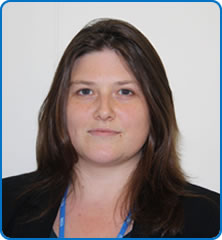 GMC Number: 4634069
GMC Number: 4634069
